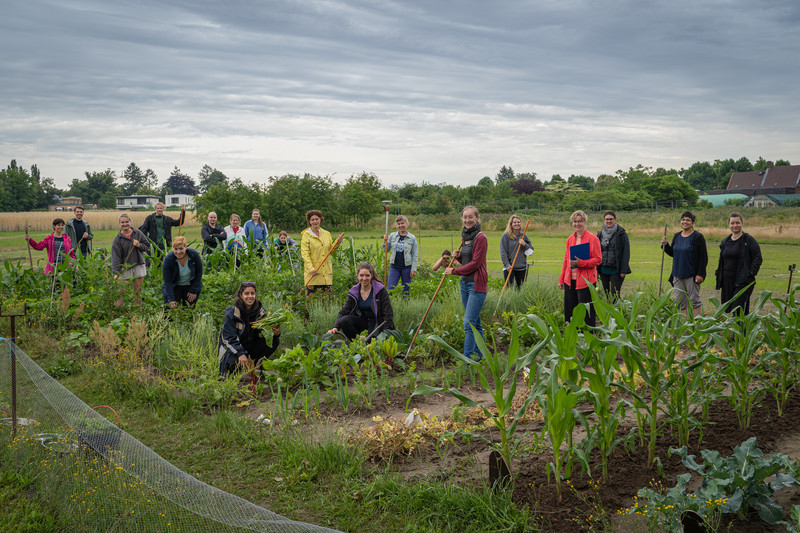CampusAckerdemie: Learning to garden at University

It is easy to complain about the lack of appreciation of food in affluent societies like Germany – or you can counter it with targeted educational work. With its “GemüseAckerdemie”, the non-profit initiative Acker e. V. is doing the latter: It supports schools and teachers with teaching the theory and practice of cultivating vegetables in their own school gardens. This allows pupils to gain tangible insight into food production and quickly learn how much work, but also how much joy, goes into a bunch of carrots or a handful of peas. Incidentally, gardening also gets children moving, promotes team spirit and awakens a connection to nature. What began in 2014 with six schools has since become a real success story: To date, 106,000 children have taken part, 920 learning locations in Germany, Austria and Switzerland are on board, and the programme has seen 260,000 seedlings put into the ground in 2021 alone.
The Software AG Foundation is a long-standing supporter of this approach – which has received many awards – and is also contributing financially to the association’s new project, which is specifically aimed at future teachers. The aim of “CampusAckerdemie” is to get these future teachers excited about community gardening during their studies and to provide them with the necessary professional tools. SAGST project manager Markus Kleikemper explains that this will allow many more school garden projects to be initiated and implemented in the future. Kleikemper continues: “Their success depends decisively on the teachers and their willingness to get involved in working in the school garden. That’s why it made sense to create the basis for implementation in schools while they are still training to become teachers.”
In a two-year pilot phase, the University of Rostock, TU Berlin and the Catholic University of Eichstätt-Ingolstadt will test the concepts created in a preliminary project with the University of Rostock until the end of 2022. Theoretical and practical aspects of topics such as sowing and caring for the plants, but also harvesting and further processing are discussed. Moreover, the students – closely followed by Acker e. V. – will examine overarching issues. Special attention is paid to soil fertility, biodiversity, seed production and nutritional quality. In addition to the documentation for the training semesters, talks are already underway with other universities and universities of education to include “CampusAckerdemie” in their study programmes. Moreover, those in charge are in contact with the ministries of education and culture in Germany’s individual states to convince them to implement the programme in schools nationwide.
